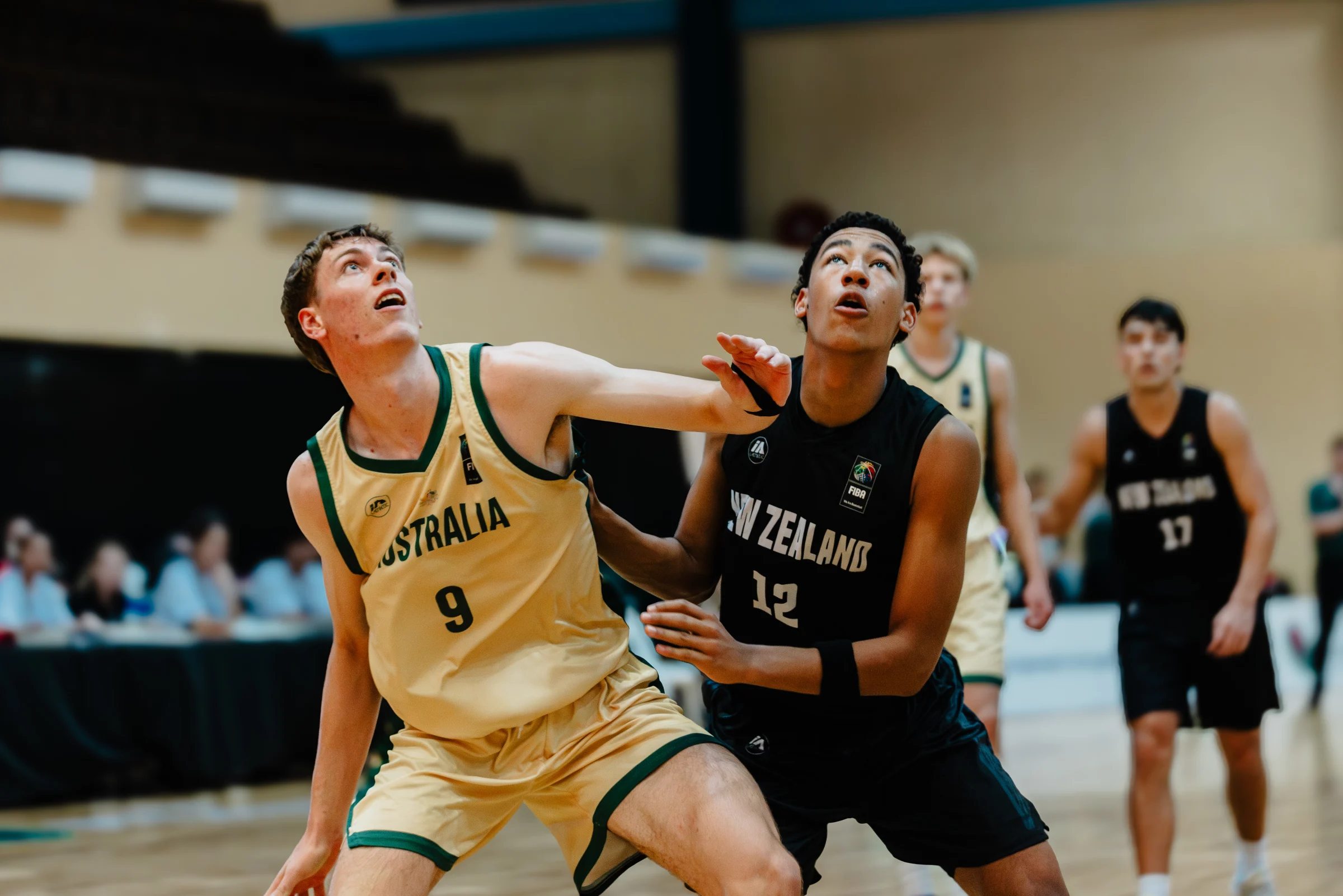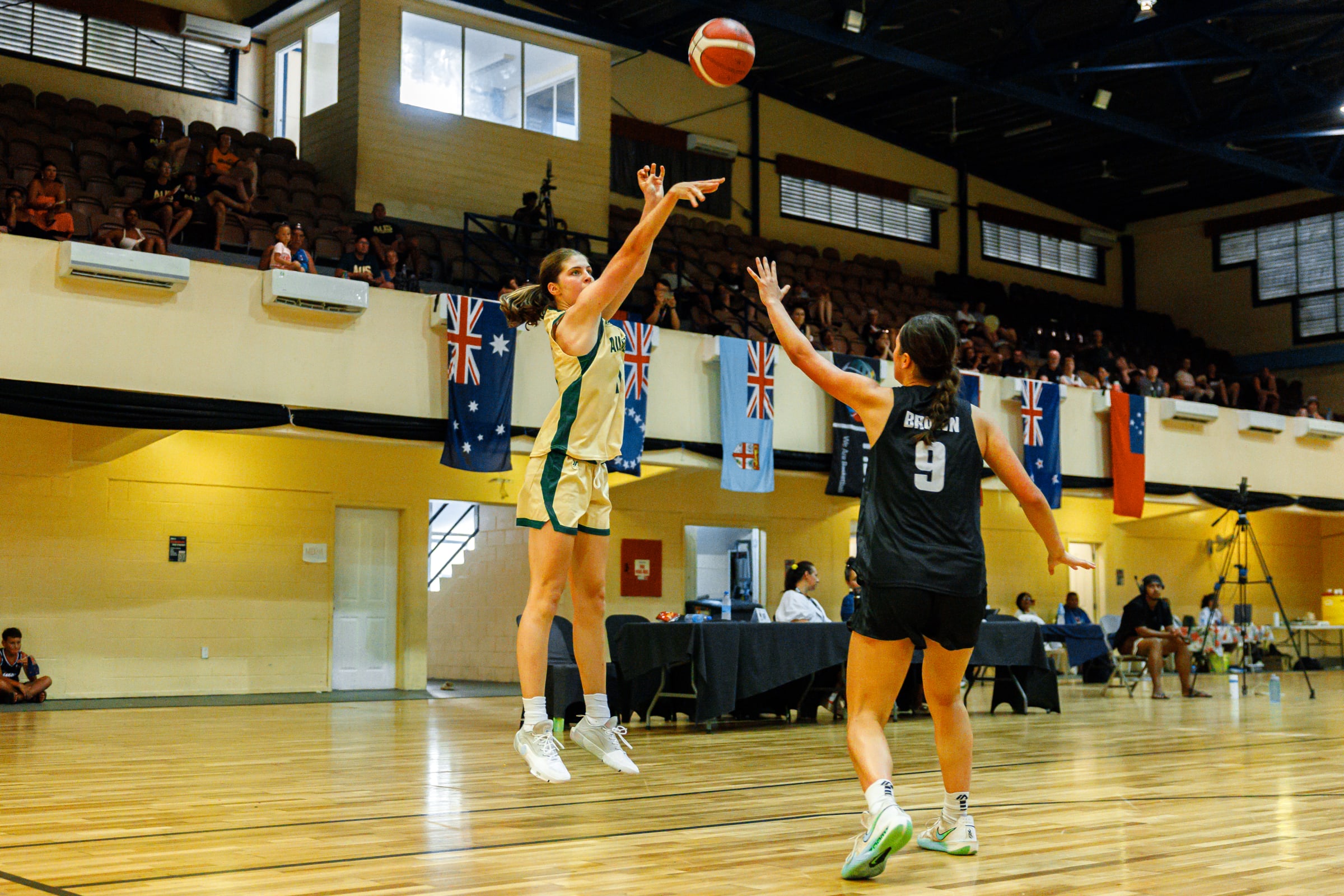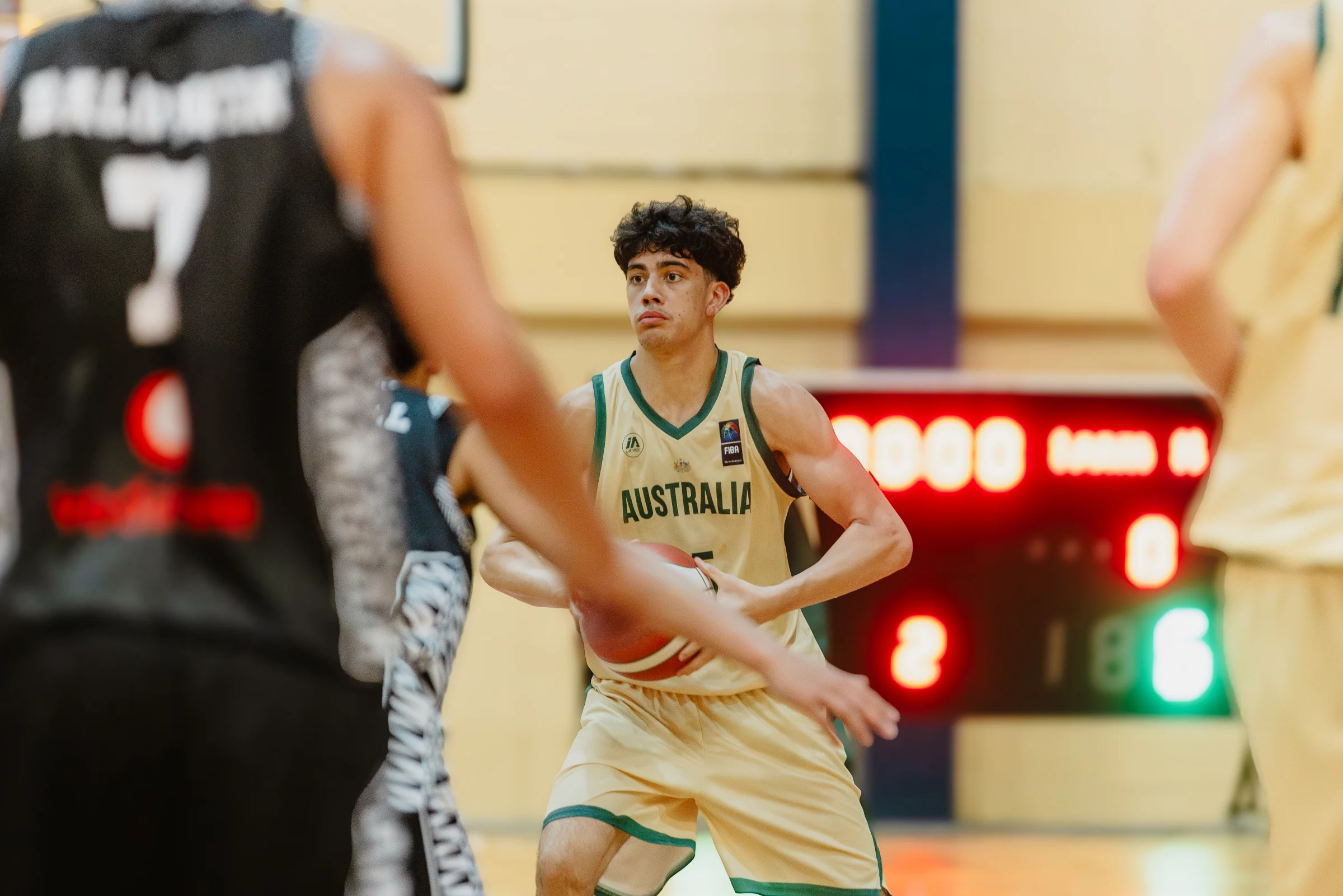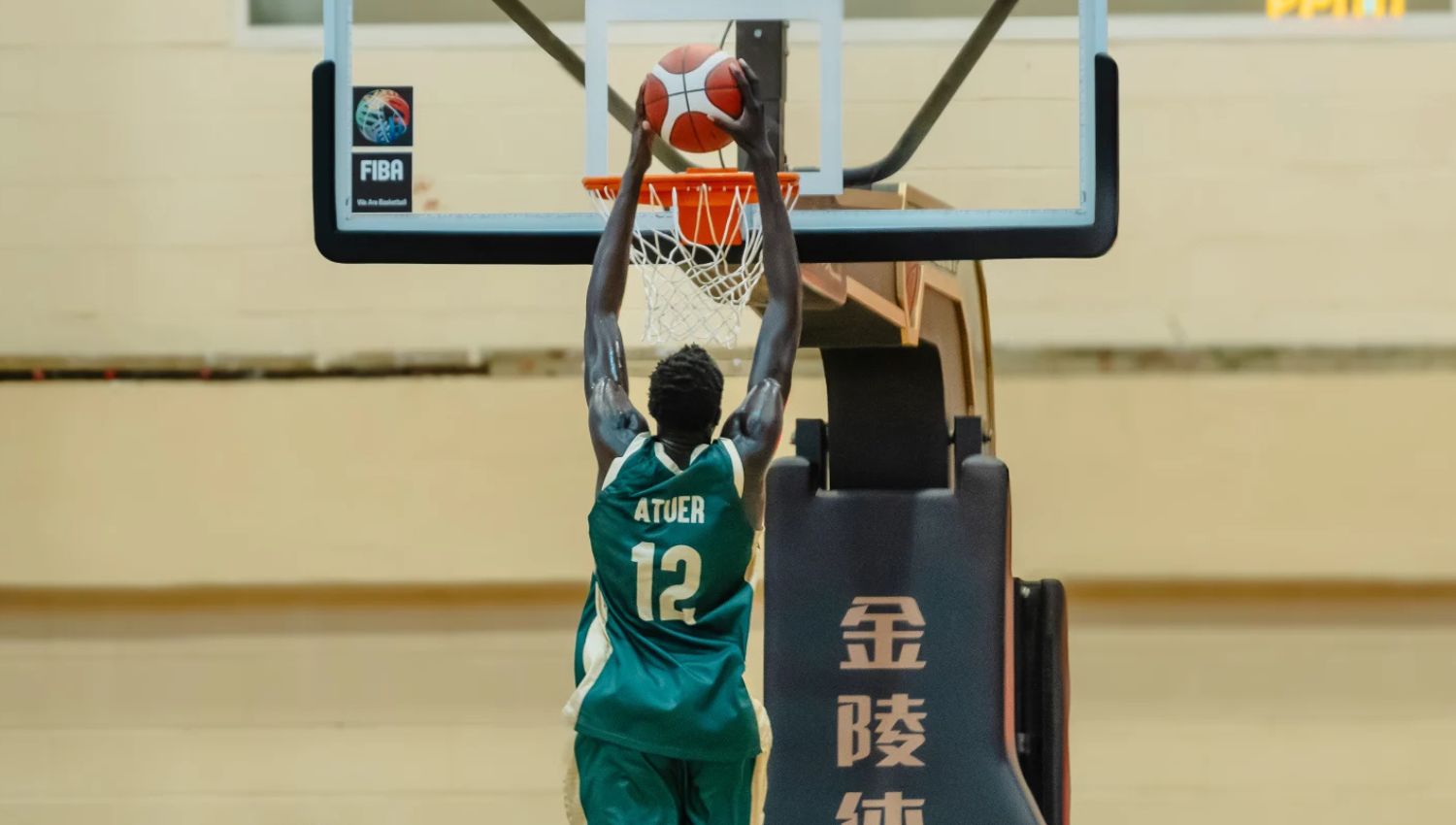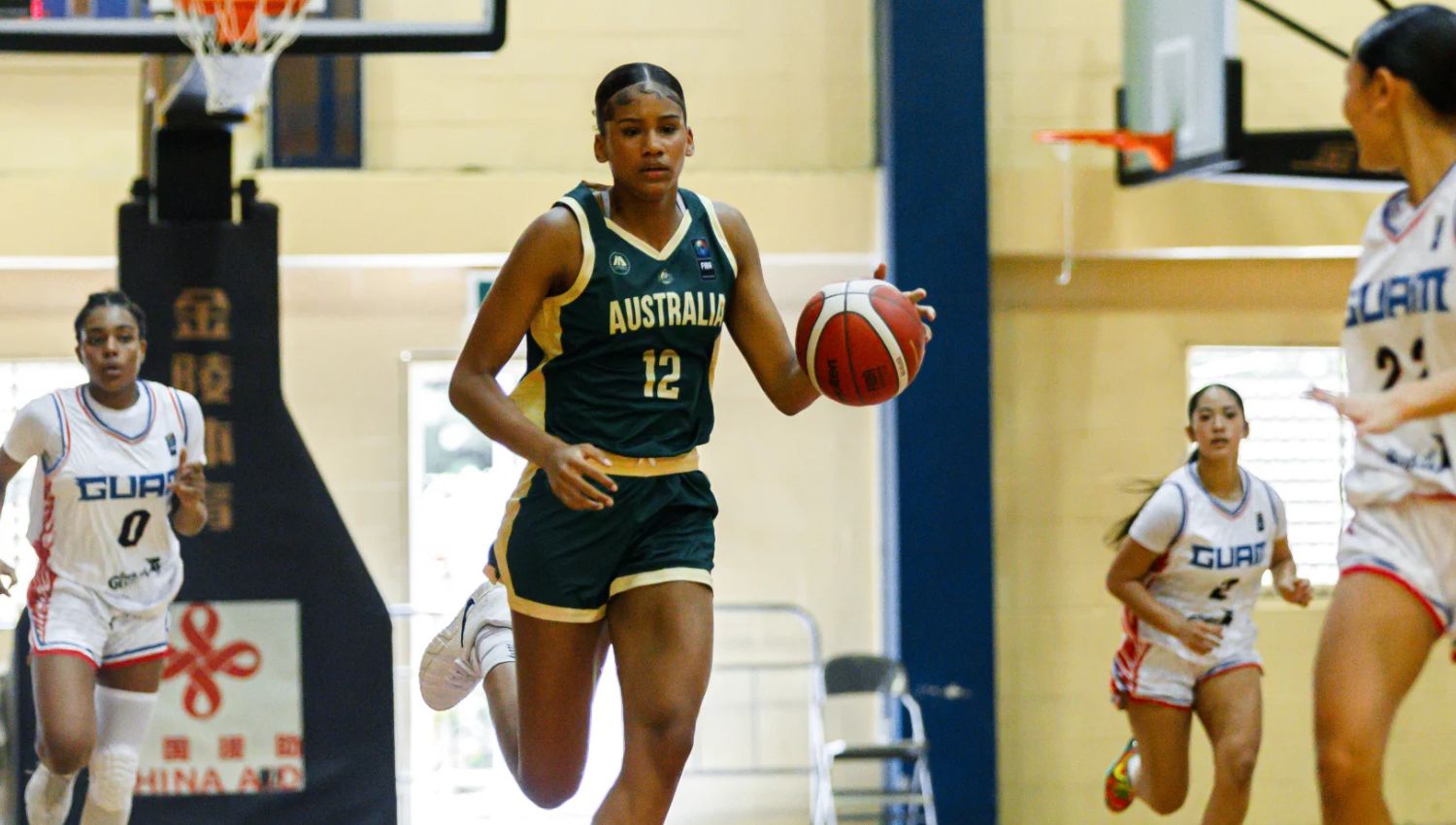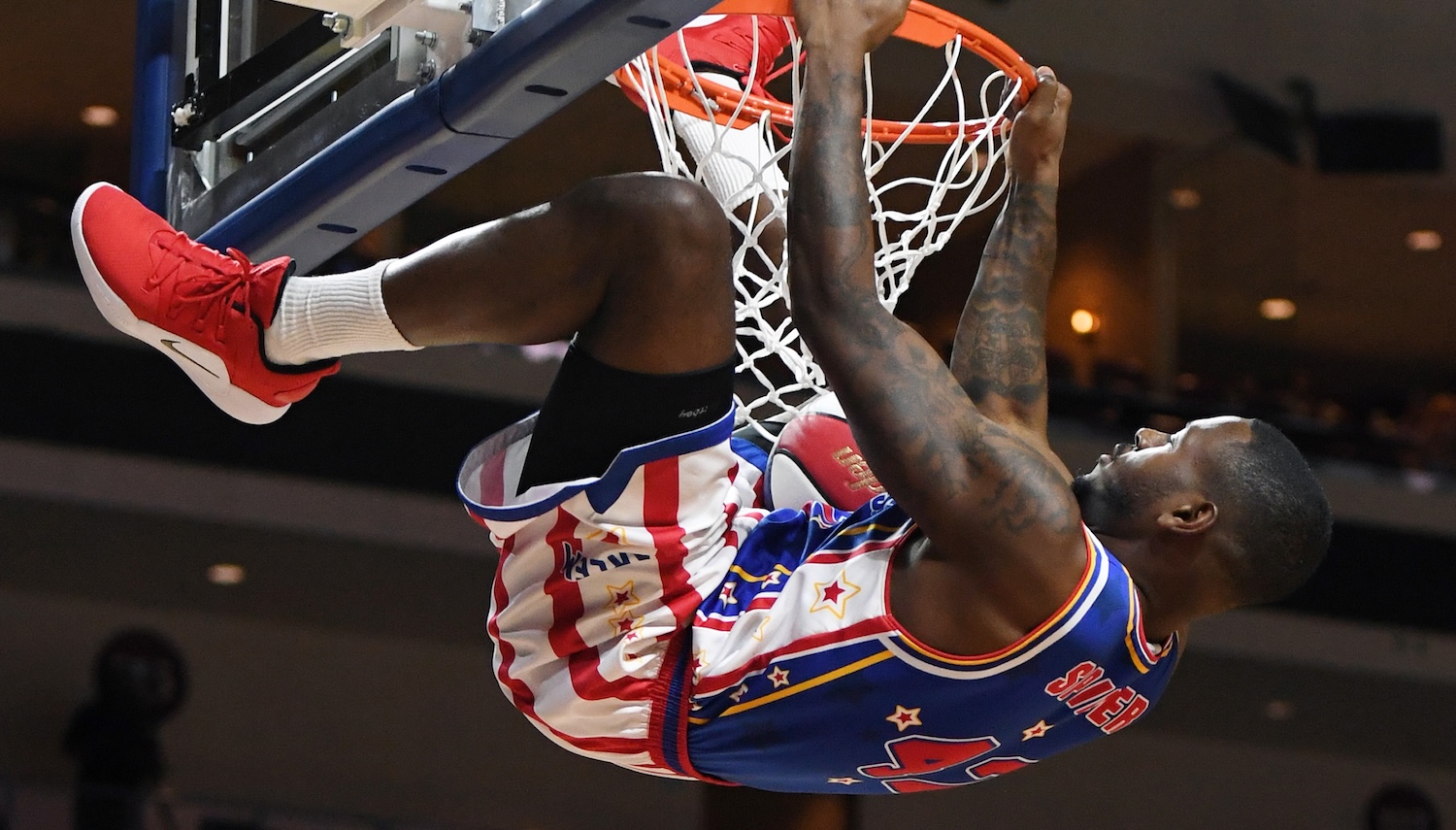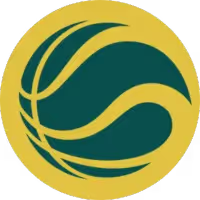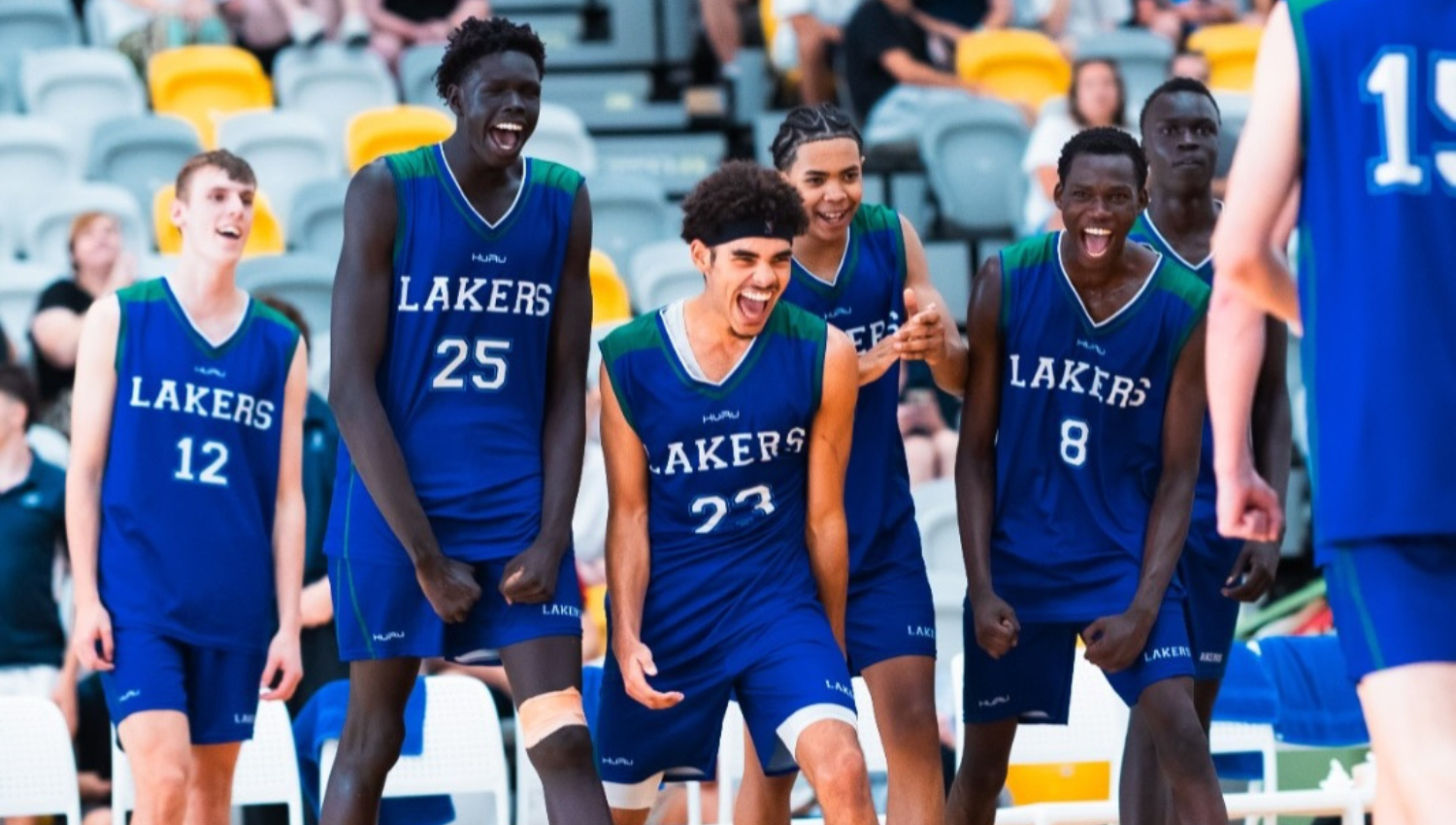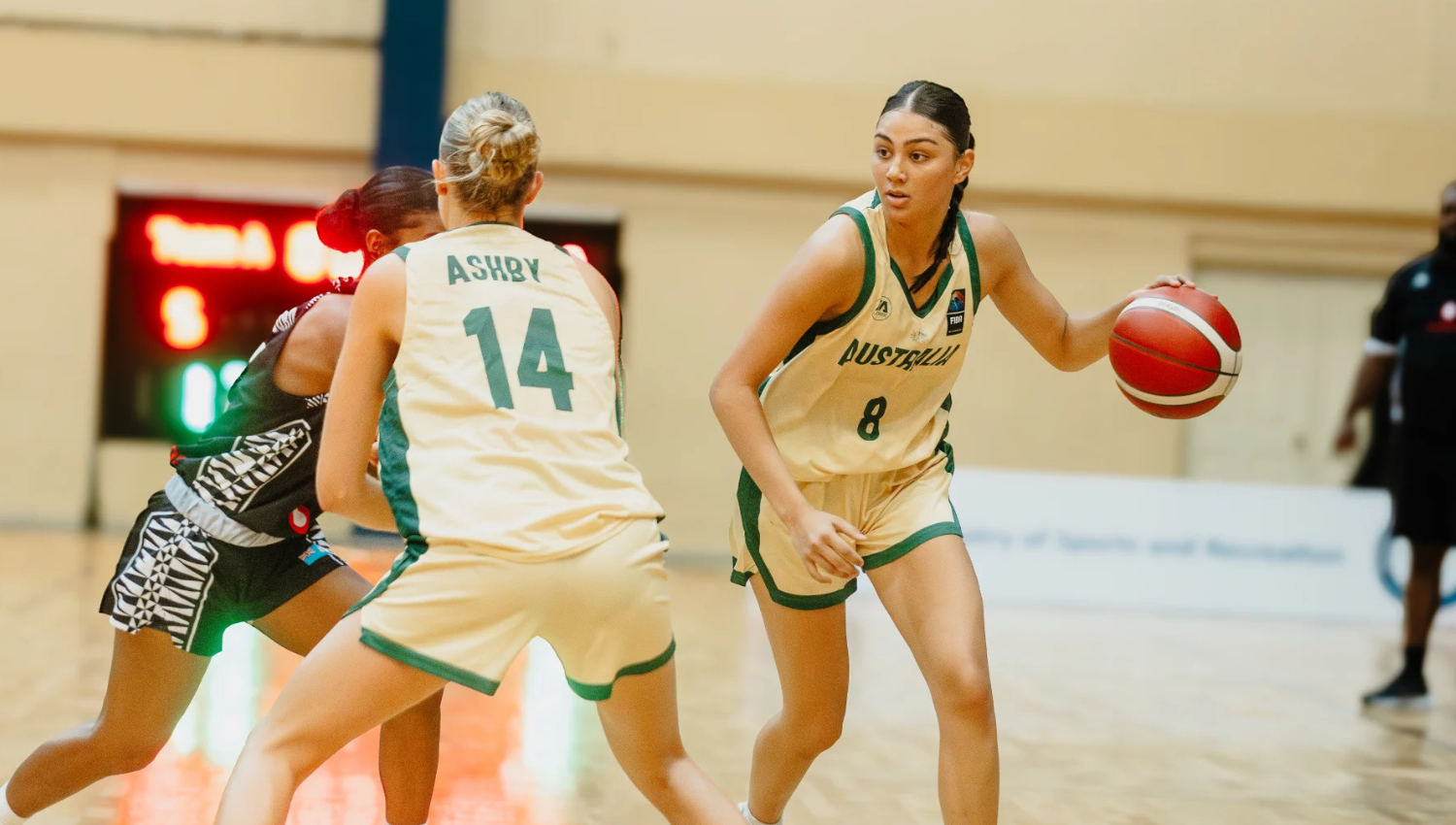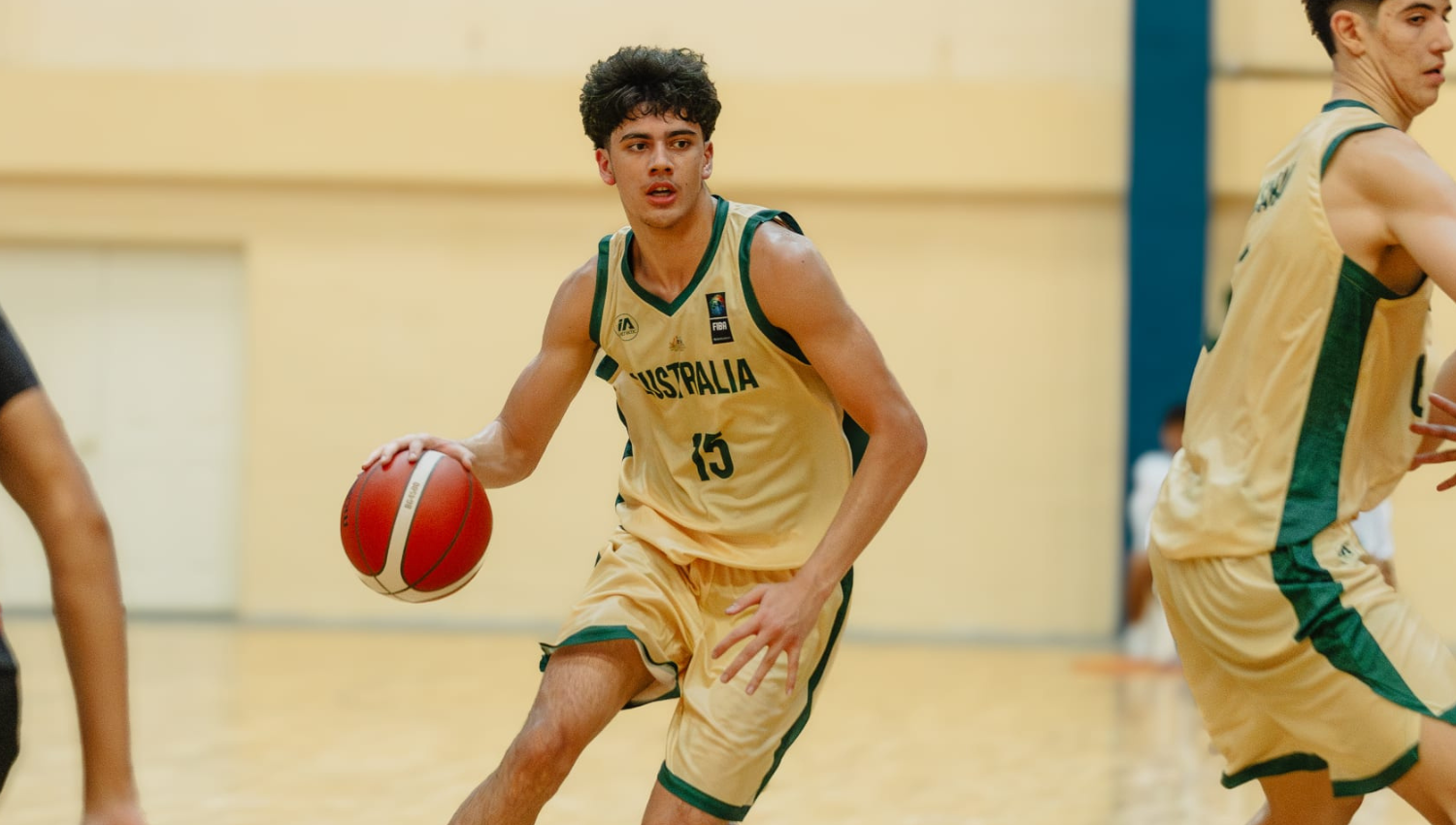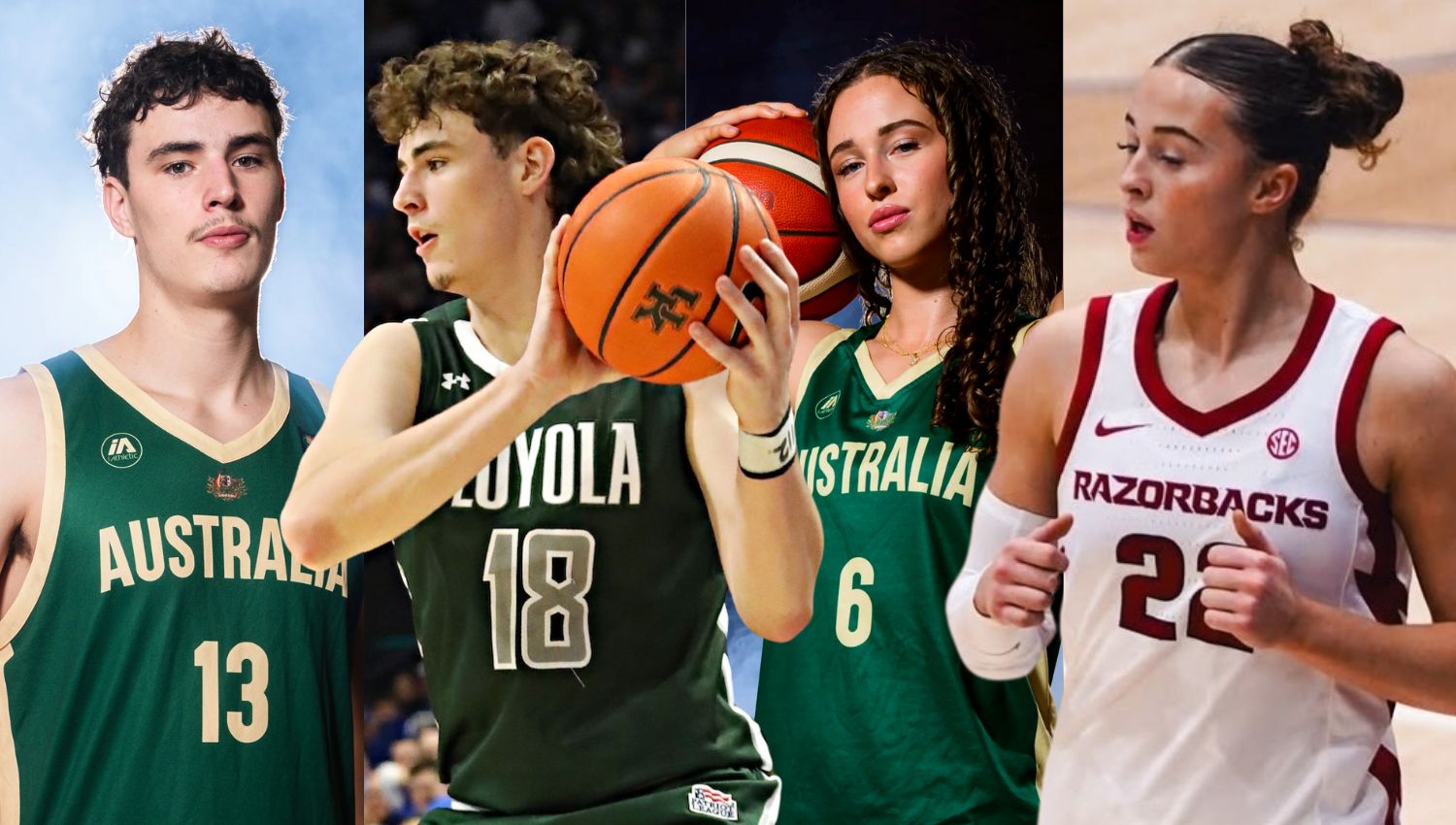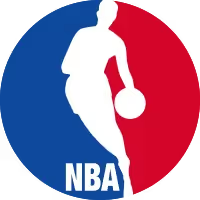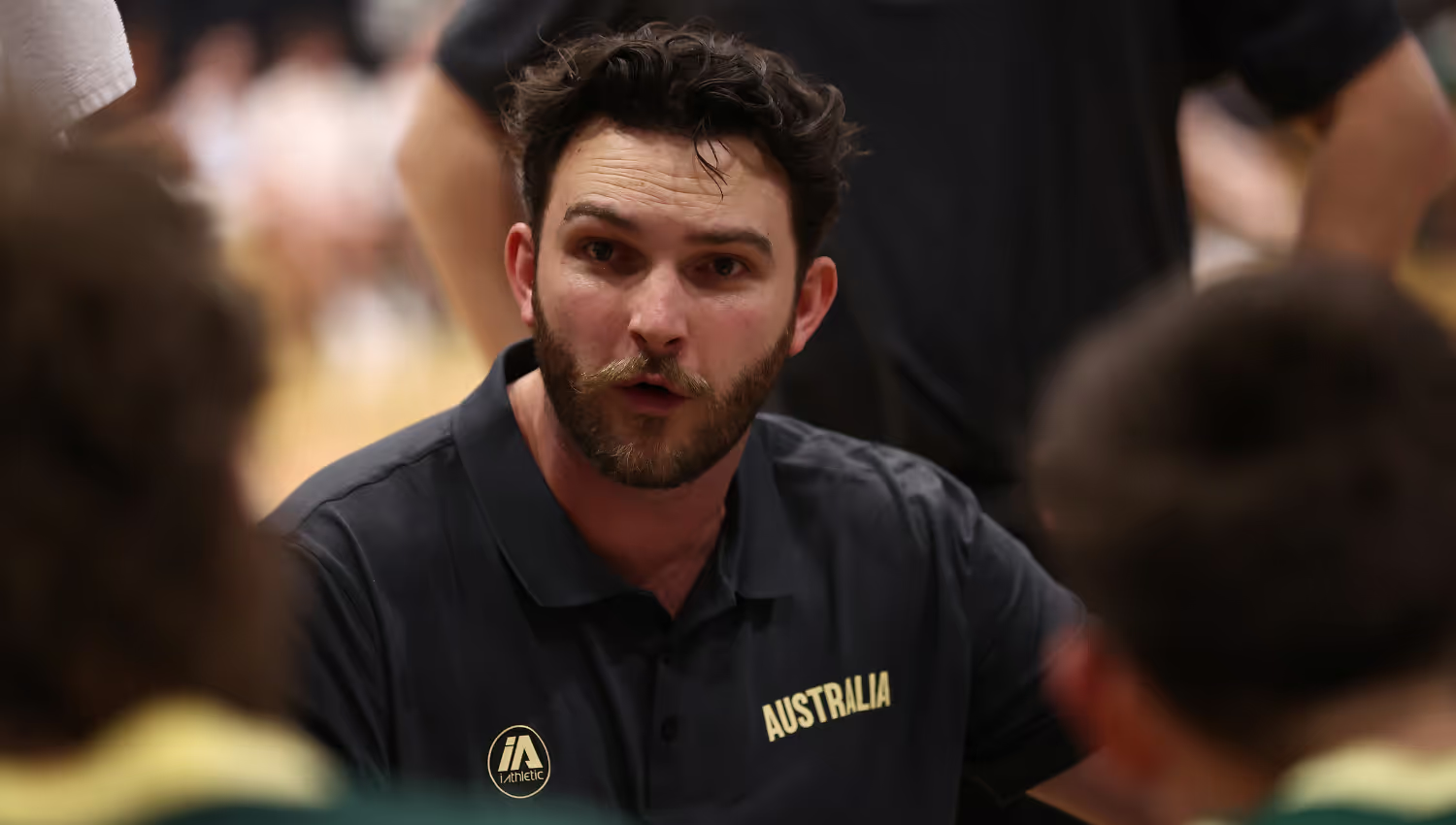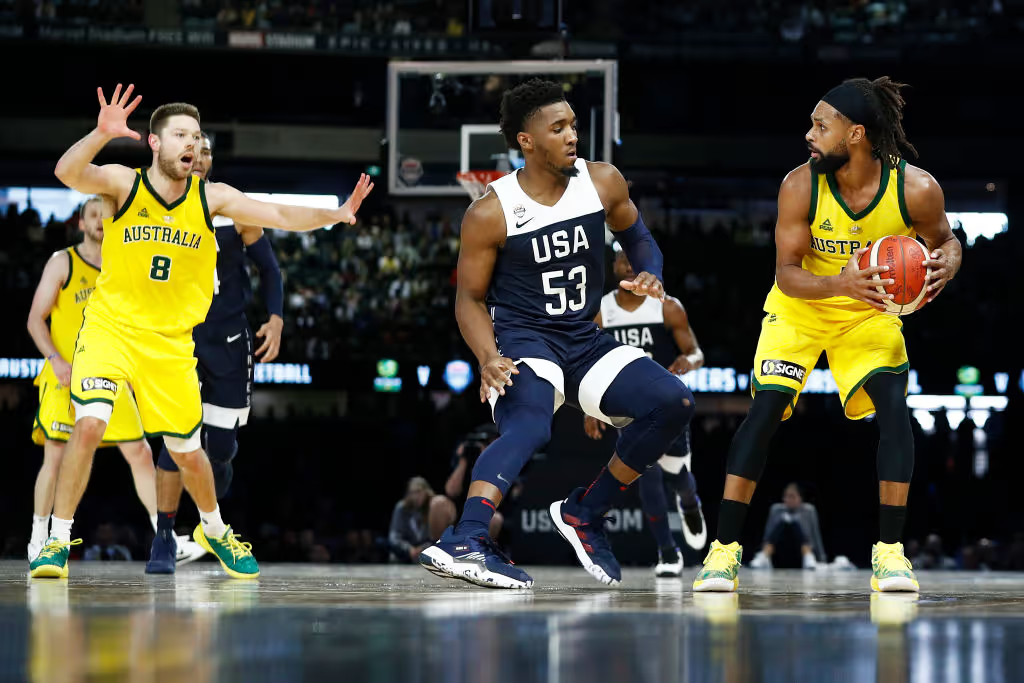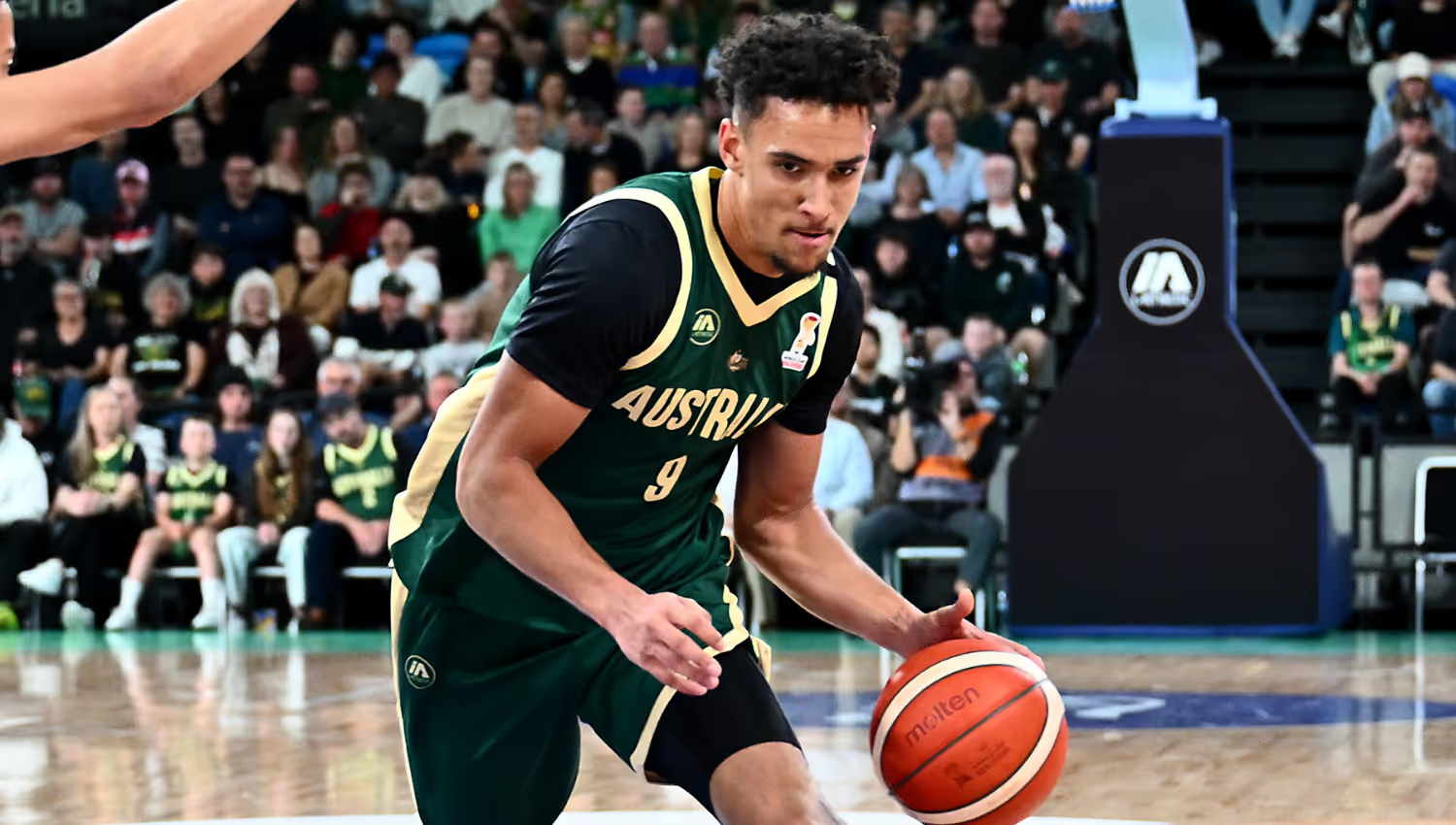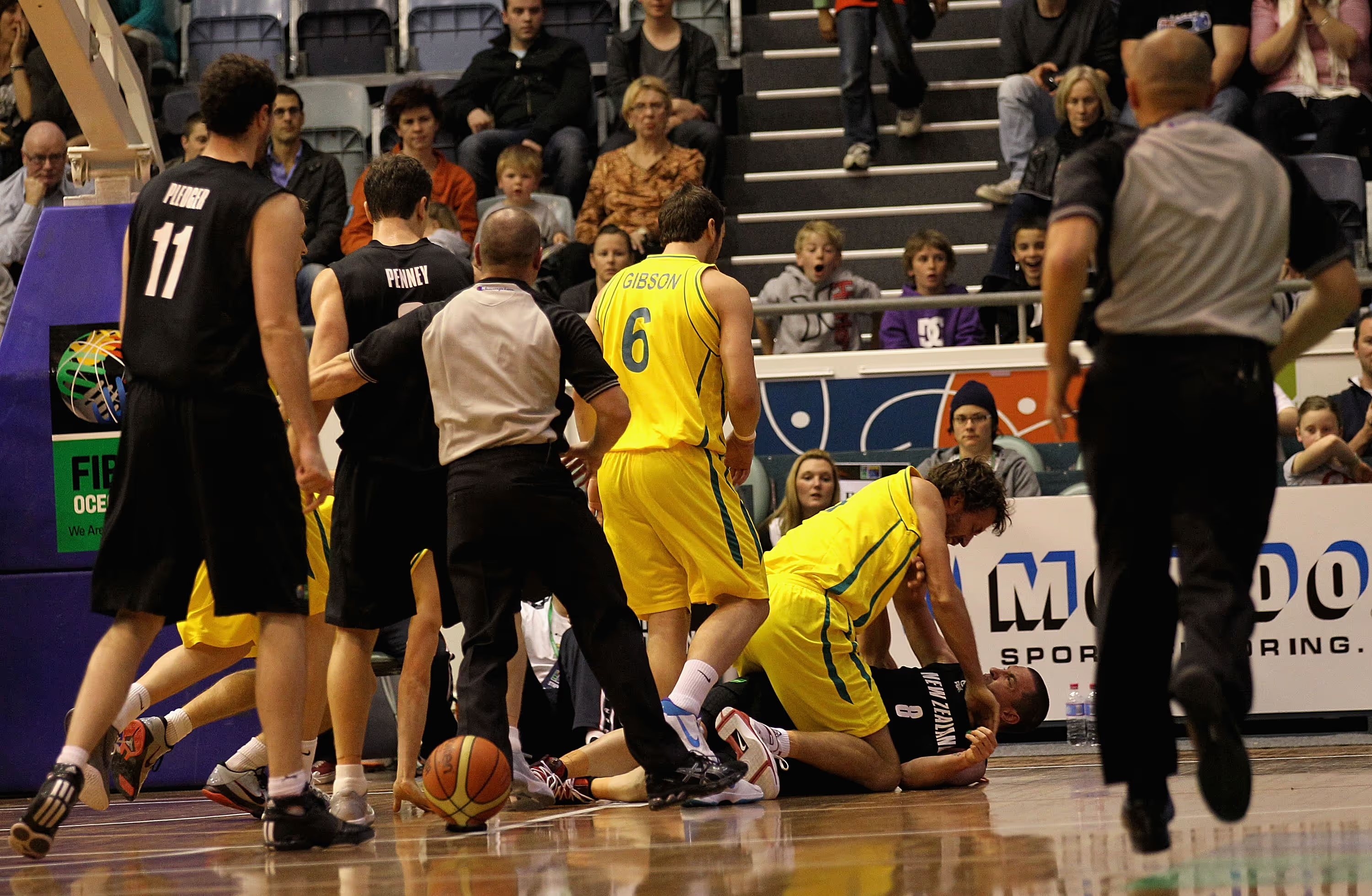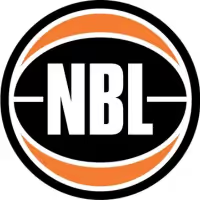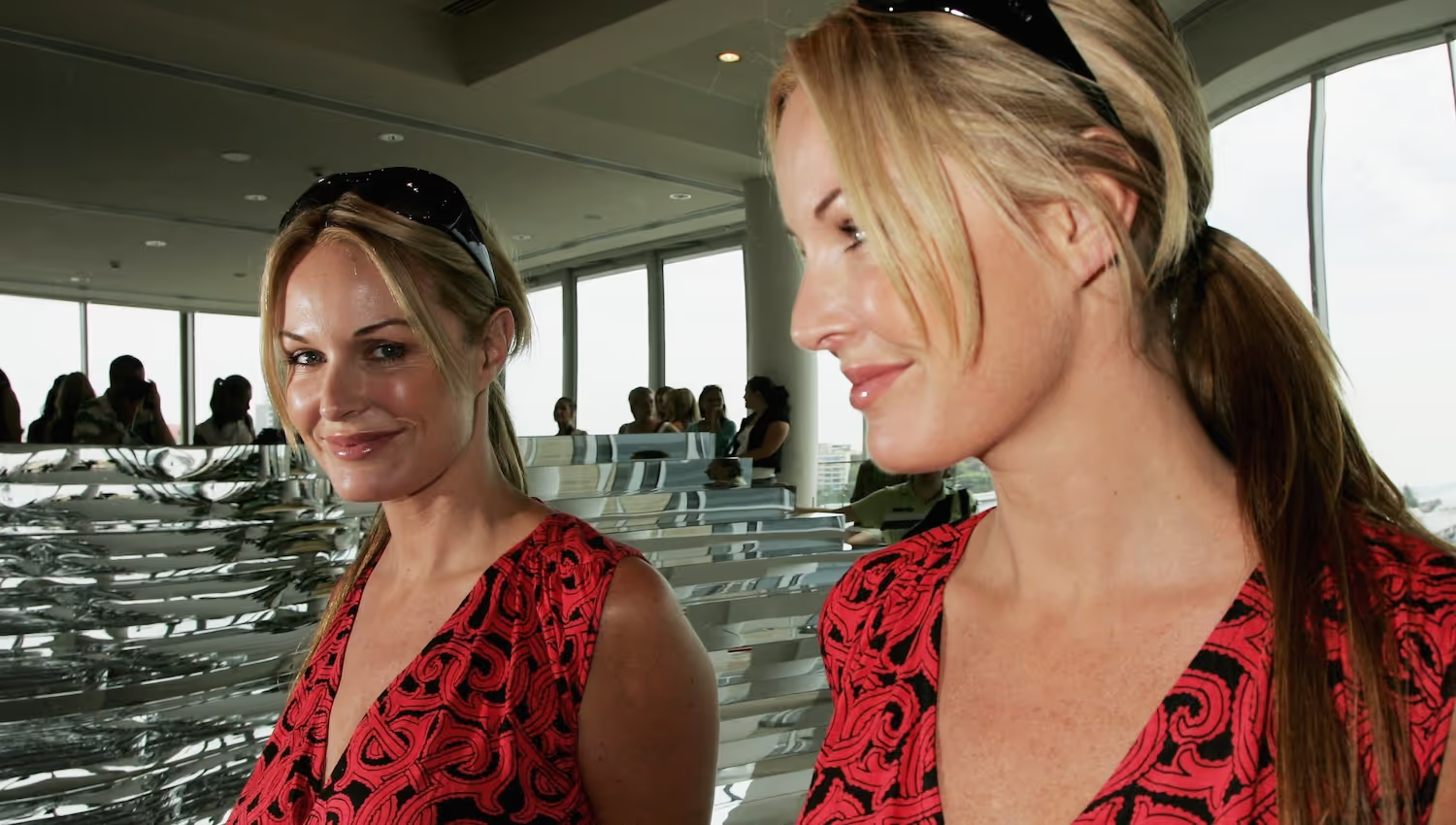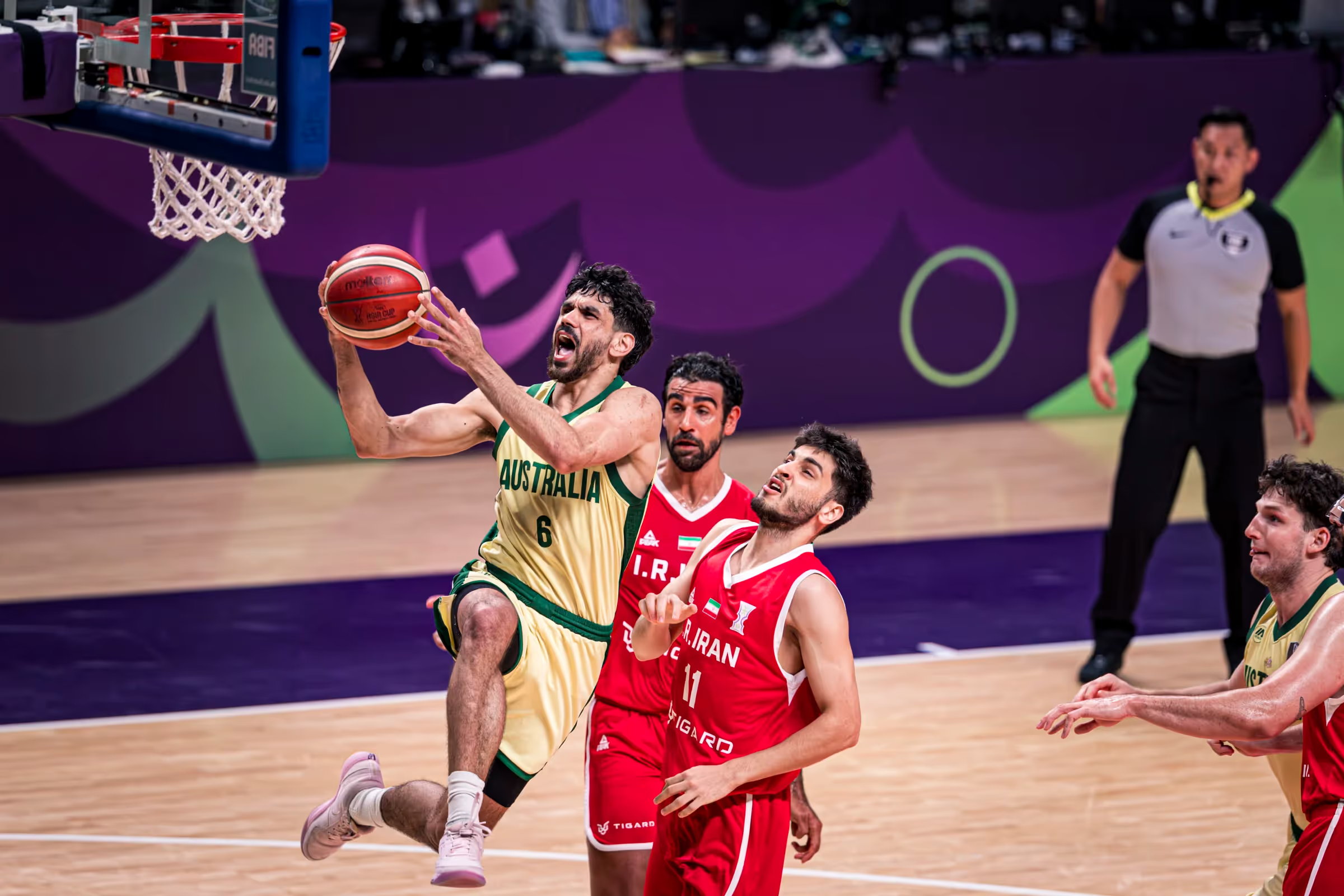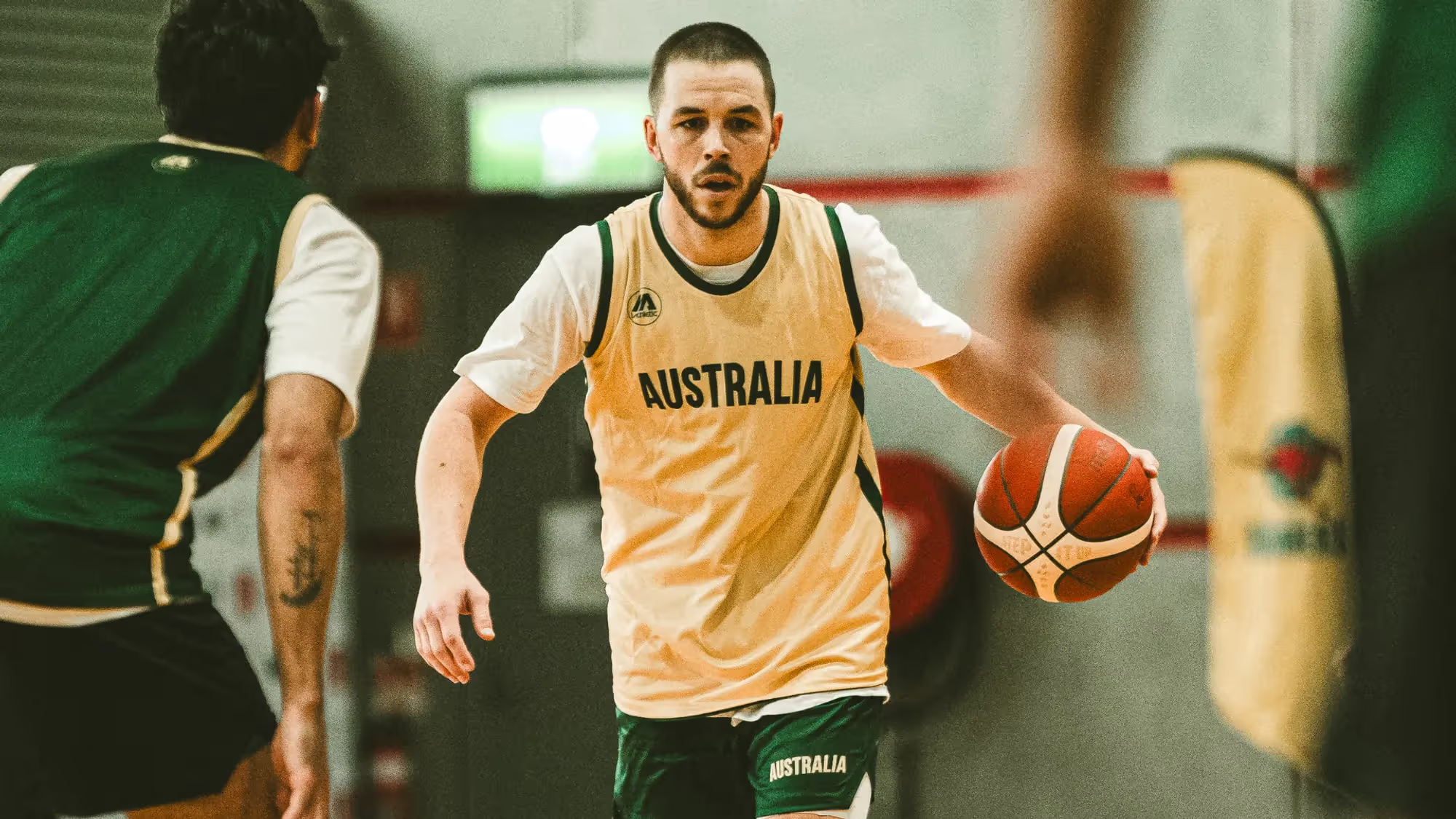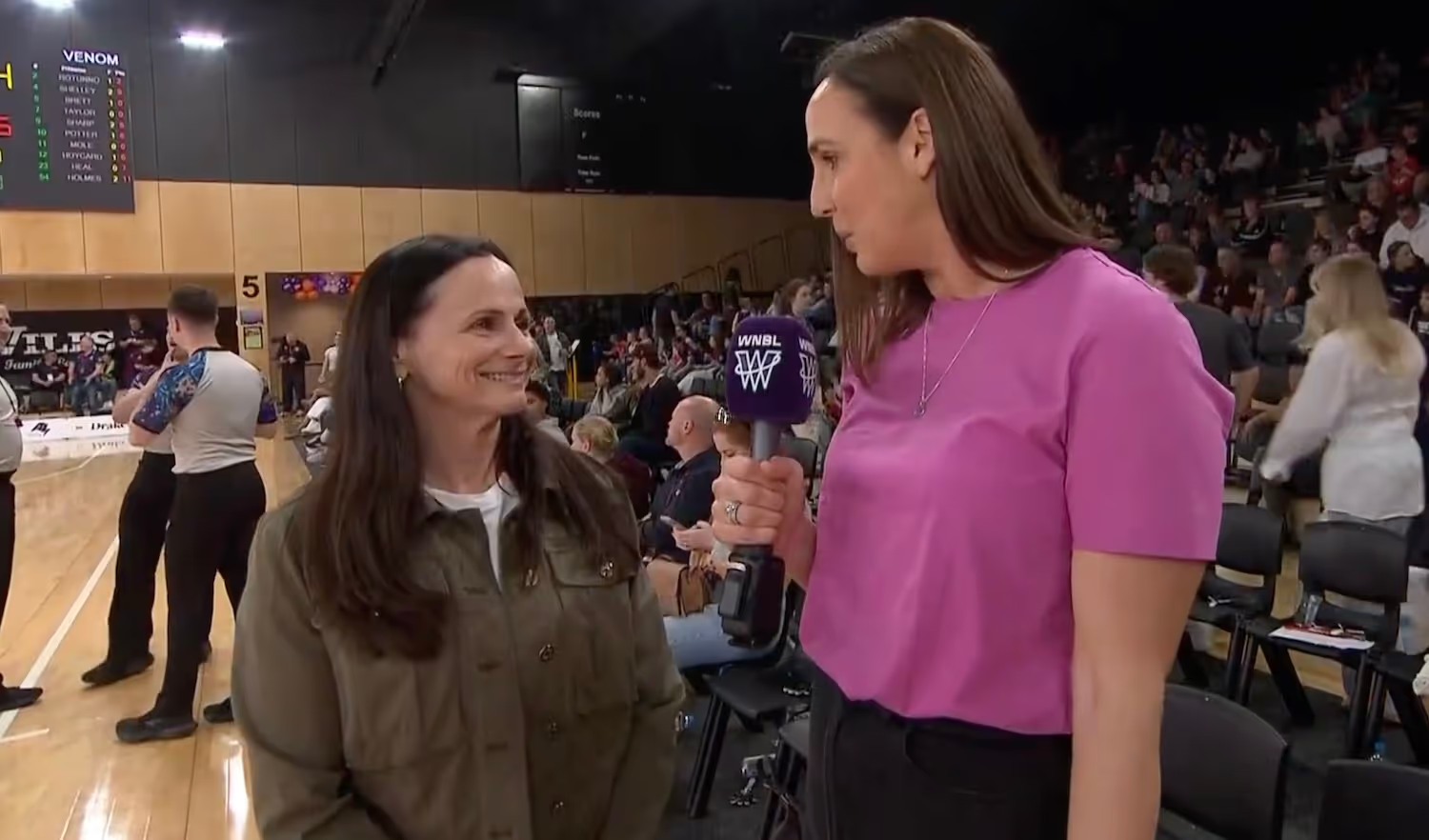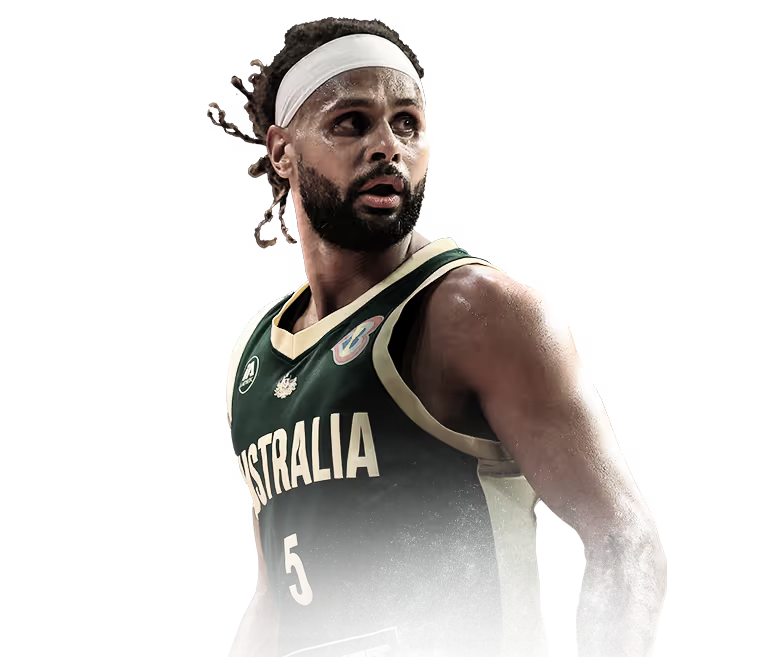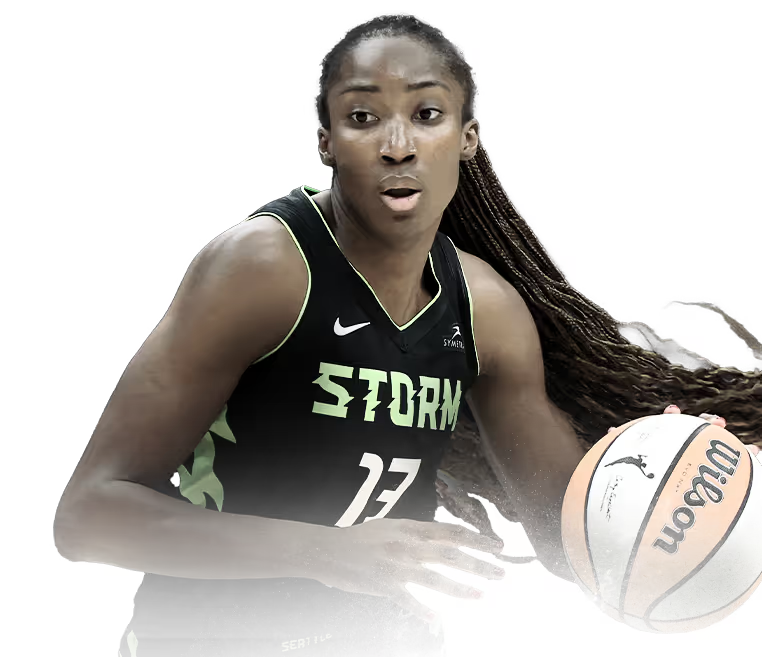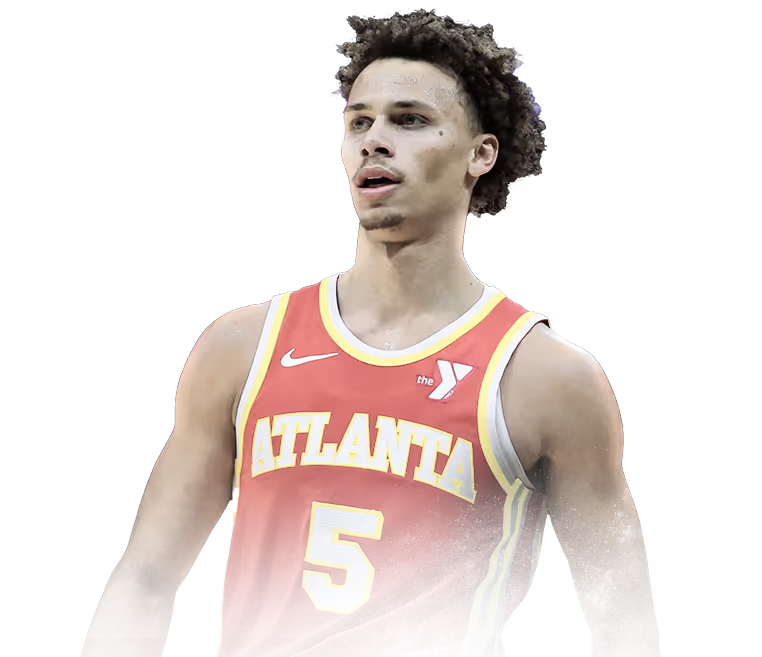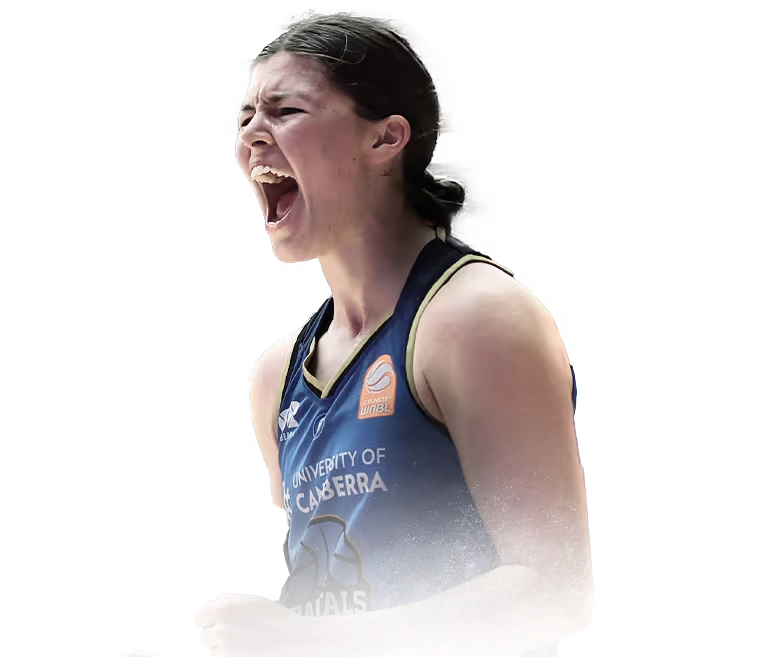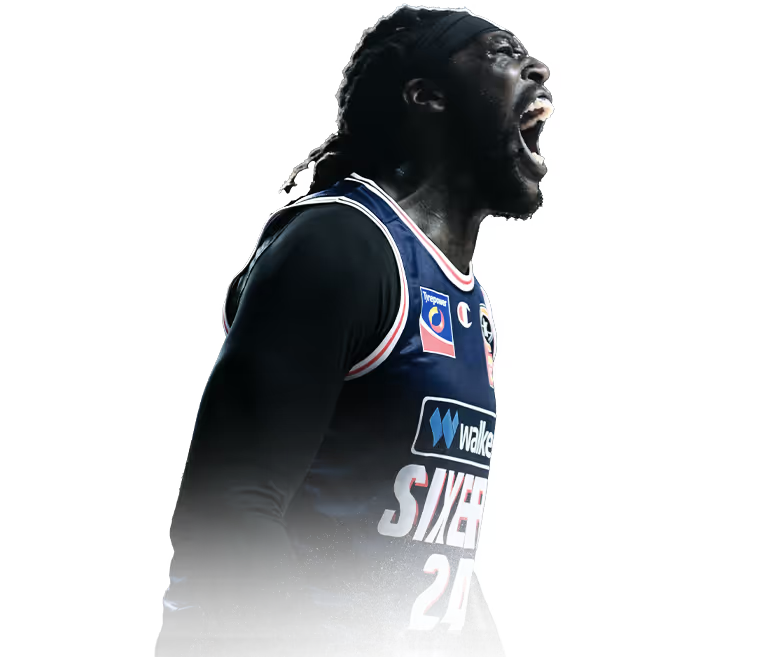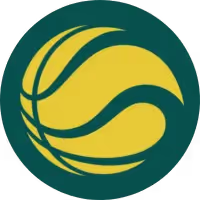

10
Sep
Deaflympics
From struggles to strength, Goannas chase gold
Goannas embrace culture and resilience under Brent Reid and Jordan Woolmer ahead of 2025 Deaflympics
- Australian Geckos need financial support to compete at the 2025 Tokyo Deaflympics in November
- 'More than a label': Why Ella Thornton-Elliott refuses to be silenced
- 'Red-eyes & coffee': Geckos grinding their way to Tokyo
Jordan Woolmer’s recollection of a 2015 training session led by then, new Australian Goannas head coach Brent “Stretch” Reid sounds excruciating.
The team fell short of a training target? Pushups, push-up holds and planks would await with sessions lasting multiple hours until goals were hit.
But the 33-year-old Goanna said the physical challenge created a strong foundation for a competitive culture that now drives the men’s deaf national team.
“It’s like ‘things aren’t gonna go right sometimes, get up, have another crack, get up, have another crack, and just keep working’,” Woolmer said.
Finding Purpose
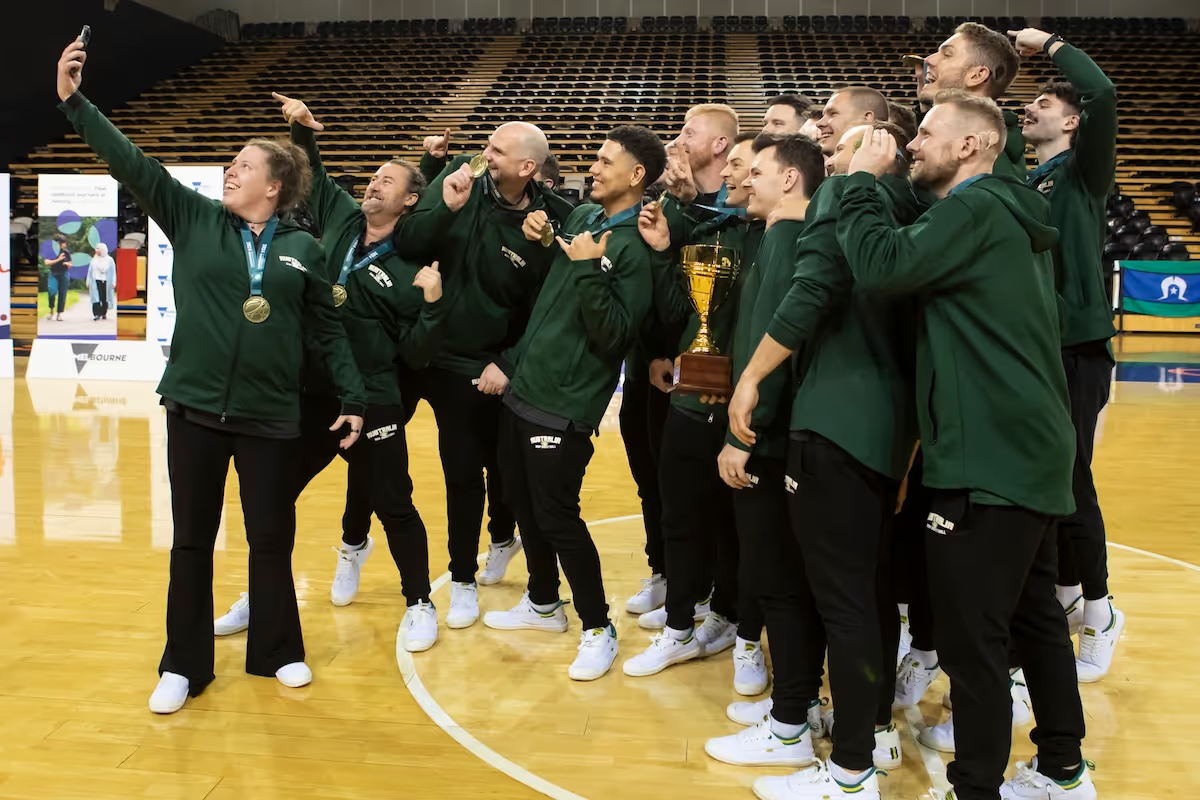
Goannas captain Woolmer’s hearing deteriorated about the age of eight, where he shifted his focus from basketball to baseball while growing up in Newcastle.
But when Woolmer moved to Mudgee, about four hours west of Sydney, baseball lacked the numbers and resources for a normal team, let alone a deaf team.
Woolmer learned about elite deaf sports when attempts to put a deaf baseball team together fell flat, and so he picked up the basketball again to chase opportunities as a deaf athlete.
In his pursuit, he went to a Melbourne-based camp in 2012 which kickstarted his 13-year Goannas career – a team which has grown drastically since Woolmer arrived.
Woolmer remembers the initial hardship that came with being involved in the Goannas program, which still presents its challenges today.
“When I was out in Mudgee, I used to drive the four hours to Newcastle or Sydney, then fly out to Melbourne [for the camp] and then come back on a Sunday night. I’d stay the night, and then drive back home the next day,” Woolmer revealed.
Despite these hurdles, he shared his gratitude for fate intervening and leading him on a path to the Goannas, which has changed his life.
“I’ve made a lot of lifelong friendships with the guys on the team, ‘Stretch’ and the other staff members because everyone’s putting in the time, funding the trips, pitching in, and trying to make this thing work the best they can,” he said.
“As a teenager, I wasn’t in a very happy spot in life and so being able to find that basketball team that has brought that sense of purpose and taught everyday lessons in terms of how to apply yourself, how to work hard, and then become successful – that’s very important.”
Shock to the System
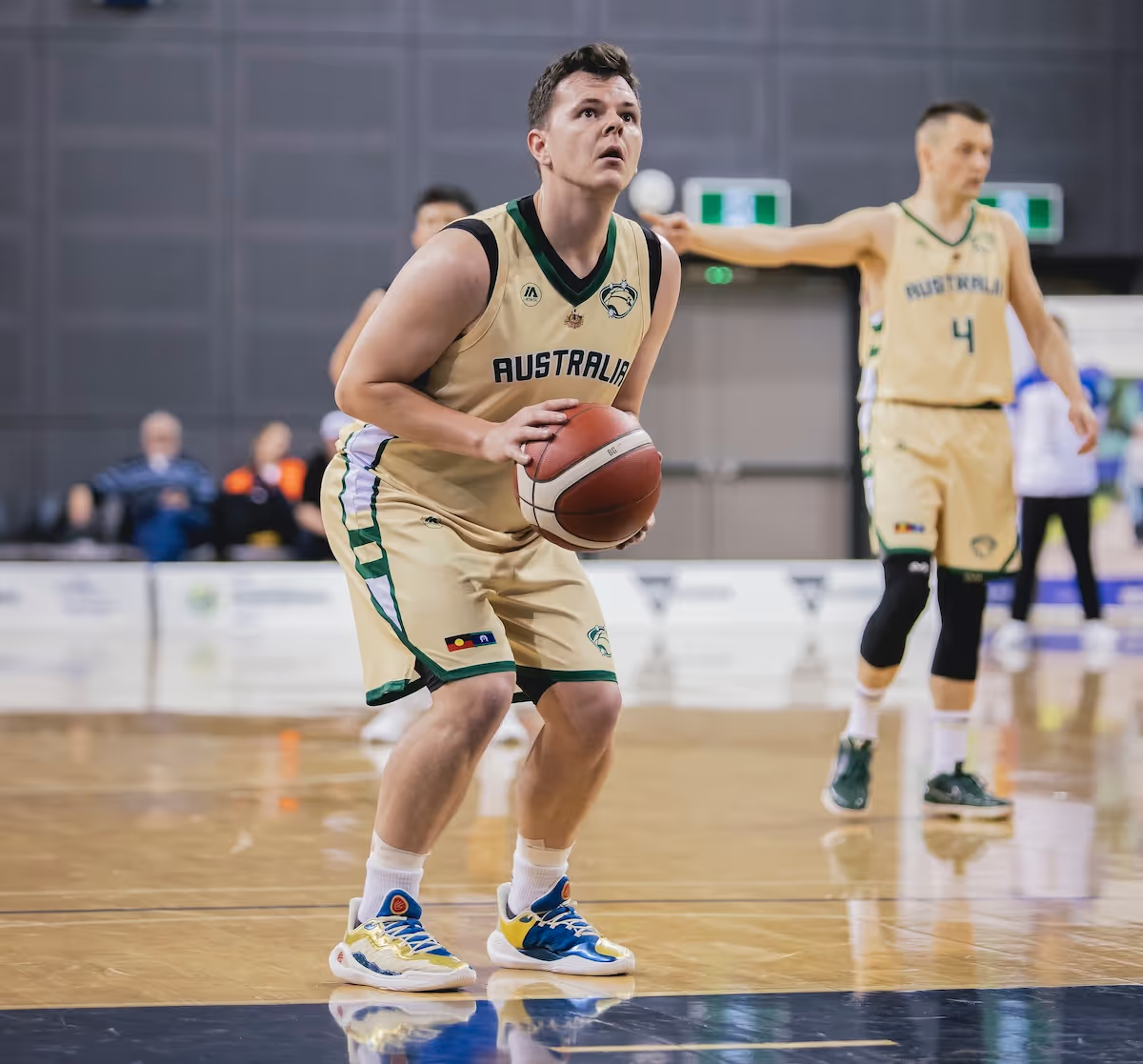
Head coach Brent Reid, known as ‘Stretch,’ by his Goanna family, walked into the Goannas program for the first time as an outsider 11 years ago. He is a non-deaf coach.
But, from day-one, he stripped everything bare and pushed the “deaf” tag aside.
“I think the simplest misunderstanding is that people think it’s different,” Reid declared.
“I just treated the guys like basketballers, and I think in the past they’ve been treated like deaf and hard of hearing people who played basketball.
“That was the first sign of respect like, ‘oh wow, you’re not pandering to me, you’re making me accountable for basketball’, so I think that went a long way.”
Reid’s first interaction with the team was a one-off three-hour training session in 2013, brought about by long-time friend Bridget Gamble.
The then Big-V coach spent hours preparing an extensive, advanced training program for the team.
But within three minutes of the first drill, Reid realised: “We need to go back to square one, and I spent three hours doing footwork and fundamentals.
“Then the questions started getting raised – where are you guys playing basketball? Who’s coaching you? Who’s taught you the fundamentals?”
Reid explained the challenges of deaf basketballers that, unfortunately, impede their development.
“A lot of the guys, they’re being coached by watching coaches talk to others,” he revealed.
“A lot of the fundamentals are 75% correct, but they’re missing the details which is what comes with that simple verbal, one-on-one instructions.
“It’s easy to deliver to seven guys that are hearing, and hard to deliver to the one guy that’s deaf on the team – but that’s a part of the challenge, and I think a lot of people are scared of that challenge.”
Reid’s commitment was unwavering before and after he applied for the head coaching job in 2014.
“I’m a passionate person, and if there’s something I decide to do, I’m gonna give it everything, I rarely do things and do them half-arsed,” he said.
“This has been an enjoyable project to work on – I was naïve when I took the job, I didn’t understand, I didn’t have any deaf friends or know Auslan, but now I’ve learnt so much, and it’s always been about building a basketball program that we’re all proud of.”
Righting the Ship
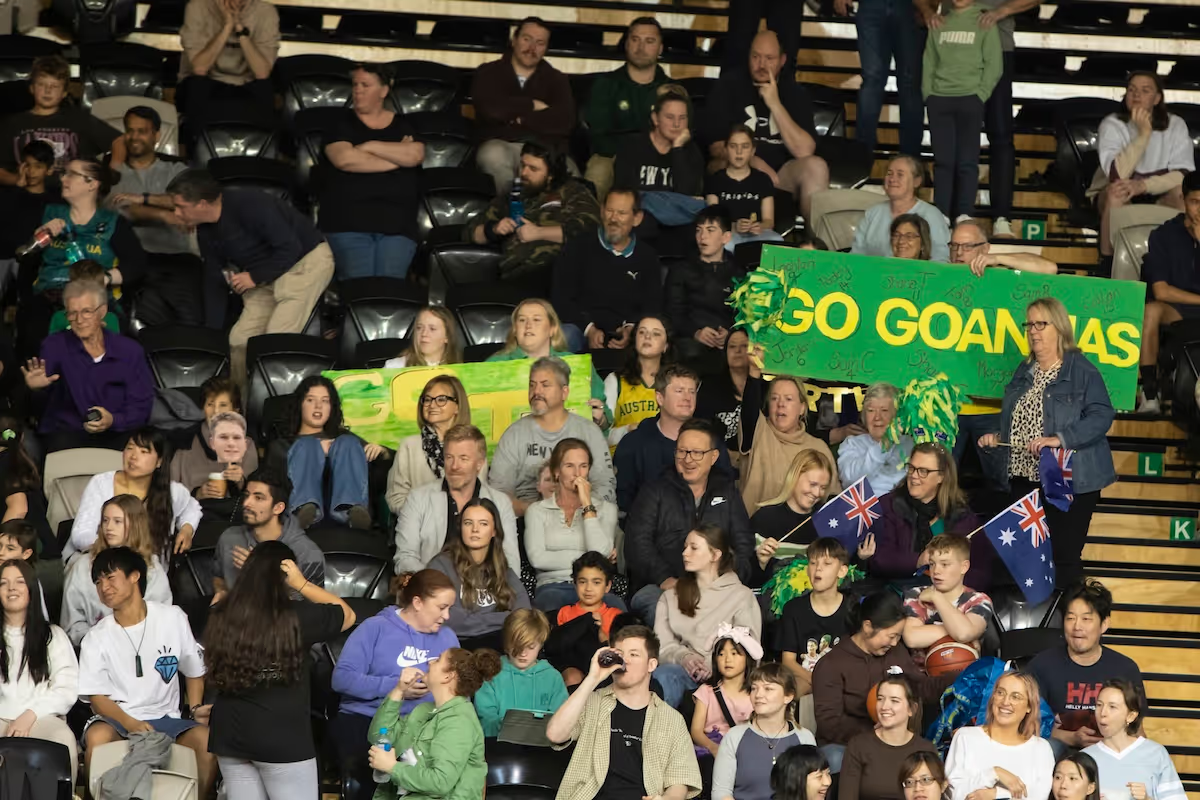
Reid argued that when he took the job, the program didn’t resemble one of high performance, but rather prioritising community.
A key piece to creating a professional basketball program involved the players embracing Reid’s approach and the hard conversations that went with it.
After a youthful Goannas group went to Bulgaria for the 2013 Deaflympics, and by Woolmer’s definition, they were "pumped" by the opposition, the Goannas captain shared the strict regime that the former Kilsyth native implemented following his arrival a year later.
“I’d agree that back then [when I started], it was a bit of an easier going camp. Compared to the stuff we’re doing nowadays, I would love to go back and do one of those,” Woolmer joked.
“I remember the 18 months prior to 2015, that was just gruelling, we knew every training camp, every Saturday morning we were going to get flogged – it was just about raising the bar.”
Reid emphasised the importance in this shift.
“If you want to go away and play shits and giggles basketball, that’s fine, a lot of people are into that,” he said.
“But you’re not going to attract high-level coaches, or high-level staff, and the program’s not going to evolve.”
When the 2015 Deaf Basketball World Championships came round, Woolmer recalls the Aussie team’s 2013 struggles being a topic of discussion by other teams in the shared accommodation.
But that narrative was quickly erased.
“We smacked Poland in the mouth in the first game, and then lost to Greece on the buzzer, and then the buzz was like ‘Holy s**t, these guys are here to play now, they’re not a walkover.”
Woolmer said it set the standard for a winning culture.
“The older guys have worked to set the standard and now seeing some of the younger guys coming in, we’ve got a couple of 16-year-olds that are absolute weapons,” he said.
“Seeing them meet those standards and thinking about where they’ll get to, it’s making the older guys stick around for another tournament just to see what that looks like.”
Embracing Resolve
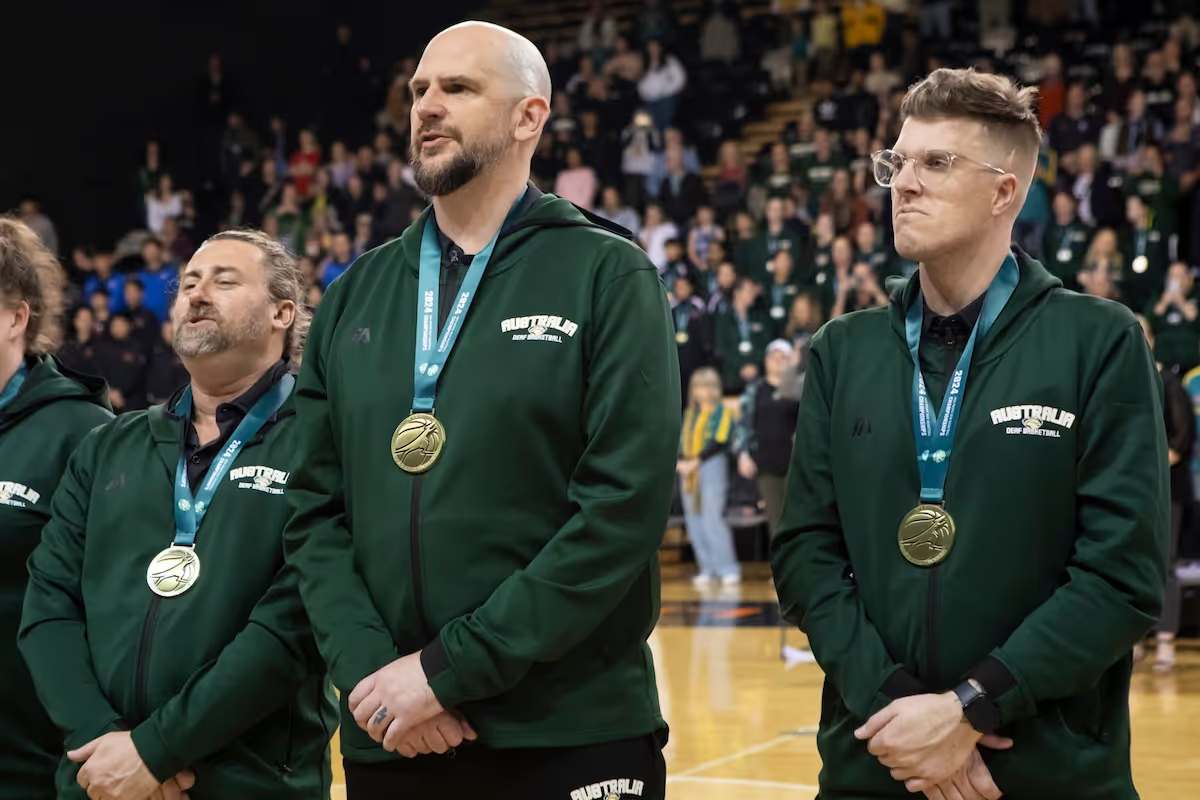
The 2017 Deaflympics in Turkey was rocky, a symbol of the rollercoaster ride the Goannas job has invited for Reid, or any head coaching role for that matter.
“I don’t think the team was mentally or physically prepared,” Reid admitted.
“I found it really frustrating, and my frustrations came out numerous times during the tournament.
“Deaf Basketball Australia (DBA) called a meeting because they weren’t impressed with what took place, and it was a pretty low point, I had a good look at myself.
“I’m not gonna lie, I’ve probably thought about packing it up.”
Instead of quitting, it built resolve.
“I guess you can throw your toys out of the pram, get ‘poor me’ syndrome and say shove it up your ass, I’m out of here. Or you can double down and say ‘I’m gonna work on getting better and I expect you guys to do the same’,” he said.
“That’s where I got to, and now I’m really proud of where we’re at.”
The Australian Mentality
The 2017 Deaflympics became a catalyst for mass overhaul. One deaf assistant multiplied into three verbal assistant coaches, and three regular interpreters.
But as the team nears their 2025 Deaflympics campaign in Japan, Reid lauded team psychologist Matt Gray for the insights he’s brought to players and staff – contributing to the cultural shift as the team’s priorities have shifted away from outcome.
“A lot of what we’ve talked about as a team and coaching staff is about our intent, our process and our energy, and the rest will take care of itself,” he said.
“Whether we finish eighth, ninth, or on a podium, those three things are going to define where we finish.”
Reid is acutely aware of the difference in communication between the Goannas and his other coaching gigs.
“We’re one of the best defensive teams in the world, and it’s about using every resource to communicate – you’ll see our guys physically push each other, we have rules in place, certain things trigger,” he said.
“When you get mainstream teams that you’re coaching, trying to get young players to talk on defense can be a real battle.
“We have deaf guys that play in mainstream teams and they’re talking all the way through the game, and it’s become force of habit that they do that for their teammates.”
Reid said the Goannas now need to embrace an underdog mentality, which in previous years had been drowned out by an expectation to finish on the podium.
“If we could get back to saying ‘we’re the underdogs, we’re just gonna go out and leave everything on the floor and have a good Australian crack at this, I think that’s something sneaky that no other team will have and will be a real asset to us,” he said.
Since being appointed captain in 2018, Woolmer has been starved of the satisfaction of representing Australia with tournament cancellations, and his demanding role on the DBA board in the shadows of the 2024 Asia-Pacific Championships taking hold.
But Woolmer is now ready to embody the hard-nosed Australian mentality in Japan.
“This year, I’ve been able to get locked into being a player and getting myself ready to play, so this is the first tournament that I have a chance to come out and place my best version of myself on the court which I haven’t been able to do for years – so I’m really looking forward to that,” he said.
Efficient Prosperity
The Goannas come together for their training camps only once a month. With limited time to mesh, the team must work strategically as they enact a plan that enables natural progression.
Woolmer shared one workaround emphasises accountability. Team players share in their group chat the extra work they’ve been doing, which serves as motivation for teammates as it encourages performance away from and at camp.
Woolmer shared another tactic the team had employed which appeals to the team’s short and long-term success.
“We’ve gotten guys to sign contracts that say, this is what we agree that we stand for, as a way of reminding ourselves this is why we’re doing what we’re doing and why we’re working the way we are,” he said.
“Being able to show them a document they signed to say ‘this is your words, this is you talking’, that’s helped us get on the same page and help new players come into the group and understand what we’re about and the standard we hold.”
Growing in Volume
Reid shared the importance of pushing the program into the public sphere, to ensure the next wave is well fueled with talented deaf athletes.
“We had one guy that reached out to us on the Facebook page that didn’t exist before I started, about 18-24 months into my coaching journey. He’s like ‘I’m deaf and I play basketball’, and I’m like ‘come down!’,” he said.
“He’s been in the team for eight years and sometimes it’s as simple as that. It doesn’t take much effort on anyone’s part. It’s more just the fact that it’s present and it’s in the eyes of people which is just so valuable.”
Within this, Reid said the growth of the women’s deaf team (the Geckos), and introducing junior programs down the line, would allow the program to grow – alongside the dreams of many wanting to represent their country.
“That’s been a massive thing [the Geckos program] and a huge undertaking – probably a four or five-year work in progress from the DBA committee and some of the players on the men’s team have really invested,” he said.
“I know that if we want the program to be taken seriously, we need men’s and women’s basketball available. It’s about creating sustainability for this model for both teams to continue equally.”
Building Bridges
With a drive to grow and evolve, Reid has drawn many takeaways and learned many lessons from his Goannas coaching career but pinpoints the importance of communication as the most significant.
He said in being patient and bringing effort when communicating with a deaf person, there is massive reward to be felt as barriers are lowered.
“One of my assistance coaches Gez [Gerard Leonard] and our former Team Manager Max, they were just relentless at stirring up each other and it was like they had been best friends forever,” he said.
“Gez doesn’t do a lot of Auslan, and Max is deaf, and the two of them were like peas in a pod, it was hilarious… they genuinely cared about each other.”
Love of the Game
Reid revealed coaching the Goannas had strengthened his love for the game.
“Still, therapy for me is with a hoop and a ball. The opportunities the game has given me in life are absolutely unbelievable, and that’s part of what spurs me to give back,” he said.
“I’ve tried to step away from the game a few times at different times in my life and my life doesn’t feel right without basketball in it in some form.”
Nor Reid and Woolmer want to leave anything on the table at the Goannas.
“I wish that people could see the work the players and staff do for this program, because I don’t think people know the ins and outs of what we do,” Woolmer said.
“We have players managing our social media, putting together documents and going to meetings to try and secure a sponsorship.
“Players of other national teams would never have to do that kind of stuff.”
Eleven years of coaching later, Reid has not lost his drive, with a sole goal motivating him daily.
“I really hope that whenever our time is up with the Goannas, we leave it in a better position than when we found it, which isn’t hard, there wasn’t much there,” he said.
“We need to show the basketball community who we are, so that this does have a genuine future. If you’re a deaf or hard of hearing basketball player, boy or girl, as you’re growing up, you can say ‘I want to be a Goanna, I want to be a Gecko’. That’s what I want to strive for.”
The Goannas will play Greece in their first group game of the 2025 Deaflympics on November 17, 2025.
Exclusive Newsletter
Aussies in your Inbox: Don't miss a point, assist rebound or steal by Aussies competing overseas. Sign-up now!


.avif)

.jpg)
